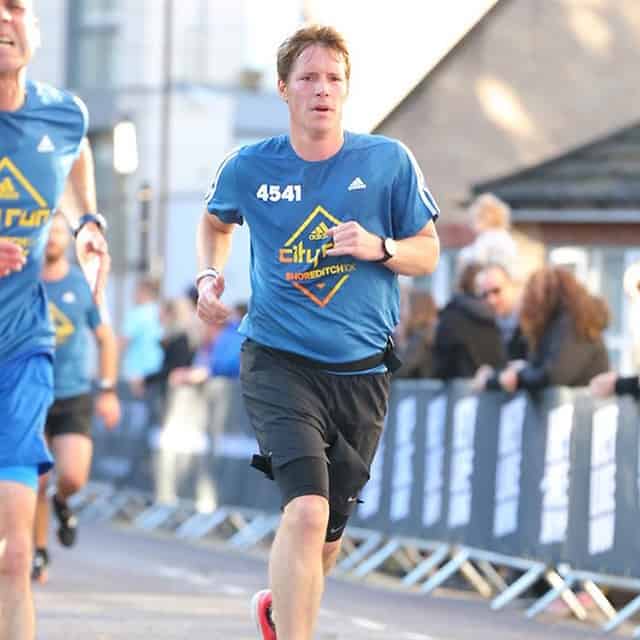When I’m thinking about what to write at the moment, the same 3 things come into my head – consistency, motivation and the compound effect.
You may not know what the compound effect is exactly, but you’ll be very aware of it generally.
- Lots of small changes that add up to a big change.
- Breaking a task down into lots of little steps and taking those smaller “easier” steps instead of one big jump.
- Starting simple and adding difficulty
- Small, incremental gains over a long period of time
A good analogy is for every degree a plane flies off course, it will miss its destination by 92 feet for every mile that it flies. For every 60 miles it flies, it will miss its target by one mile.
Here we’re not talking about missing the target; it is about changing your trajectory ever so slightly and ending up in a totally different place.
It can be used as a metaphor for running.
You can’t run a marathon now, but with a training plan, enough time and some consistency; you can. If you tried to run a marathon with no training, you’d hate it, get injured, be in a lot of pain and probably never run again. If you train “correctly”, you may very likely end up continuing to run after the marathon.
When you think of the compound effect, it’s really simple and can be applied to anything in your life. Saving money, job promotions, learning a new skill. Little and often will probably win the day. Or to use one of the strangest sayings ever, softly, softly, catchee monkey!
So if it’s so simple, why are we all not rich, at the top of our professions, able to speak 4 languages and play Tchaikovsky on the piano.
Because it takes too damn long!
Say you’re a runner and are thinking about training for a marathon, but you’re a bit scared. You need some confidence, so you go to your track session. This including lots of sprints that you’re really good at. You go hard and you smash it. You feel great. The confidence is back.
The track session is all well and good, but does it help with the marathon training and the scary 26.2 miles. You can argue that it did, but maybe you should be out there getting those slow, Zone 2 miles in. But your impatience of starting with a slow 3-mile run is stopping you.
Deep down you and I know what the answer is. But, we just don’t want to put the hard yards in.
In regards to my toing and froing about running another marathon, I really feel I can go sub 4 hours. Just as above, with a sensible training plan, enough time and some frickin’ patience to run those slower miles, I should be able to do it. I need some self-confidence in myself and faith in the training process that it will get me where I need to be, come race day.
The ripple effect
The compound effect can also start the ripple effect. This is that once you start one good habit and start making good decisions, other good habits and decisions ripple out from it. If you start running and it becomes a regular habit, you might start drinking less alcohol (as you what to run the following morning). As you drink less, you start to make better (healthier) food decisions (as you get the munchies less). You may ever drop some of those unwanted pounds, which in turn helps your running.
The ripple effect explains why it’s difficult (and not recommended) to change lots of habits at the same time. It’s much easier to build on top of habits you have already made.
The social media effect
I heard an interesting thing recently. Someone asked –
“Would you still climbing Mount Everest if you weren’t able to tell anyone about it?”
Tricky one!
I could rephrase the question…..if you weren’t able to post it on social media?
Going back to the compound effect, social media can have an effect on our slow and deliberate training plan. Medal Monday on Instagram has you signing up to the first 5km you can find. Someone’s 10km recovery run has you thinking, WTF, I didn’t even make 10km as my long run. Do these people run every day or even twice a day? Does everyone have a personal photographer?
It makes you question your training plan. Should I be going longer, quicker, more often? This is where the self-confidence and faith come in. Trust the process. You’re not them and they are not you. You are you and you do not need to compare yourself to anyone. Yes, it’s very, very tough to do, but use it as inspiration.
Everybody started somewhere. If you’ve made a start, stay focused on what you’ve already achieved. If you want to improve things, use the compound effect to make the small relevant changes and be consistent about them, to make some big changes.
I will leave you with another Karate Kid quote that sums it up nicely –
First learn stand, then learn fly – Mr Miyagi




